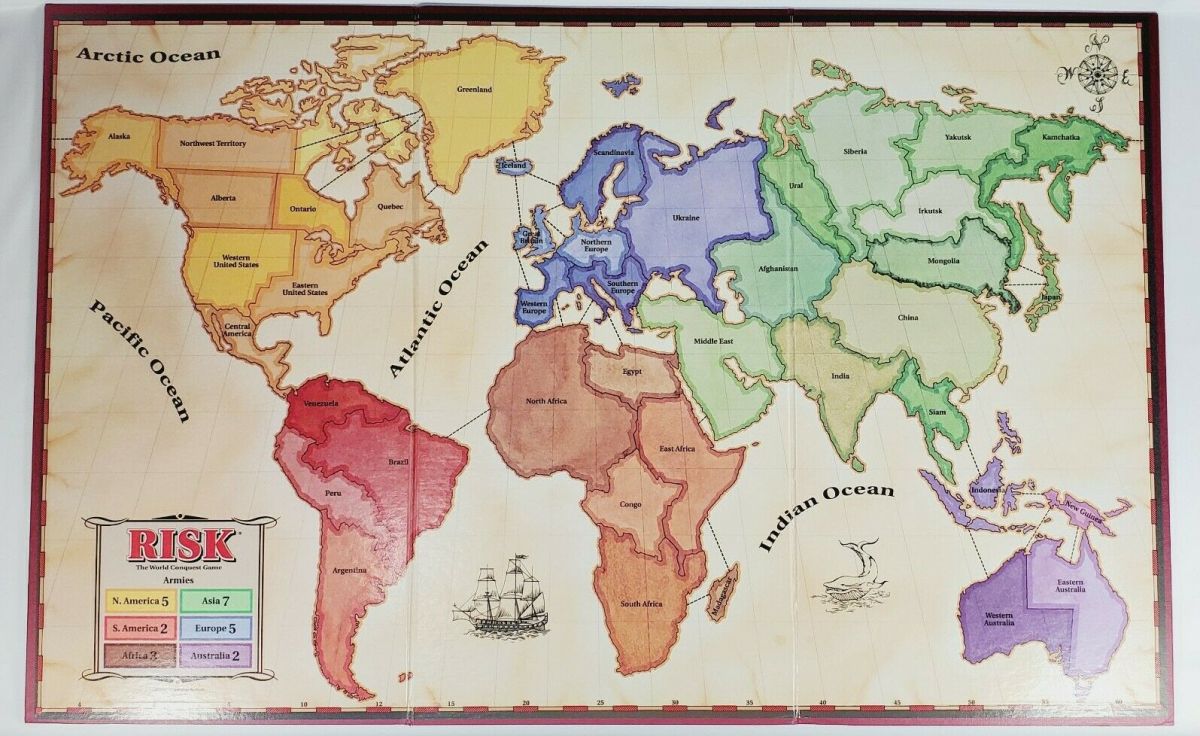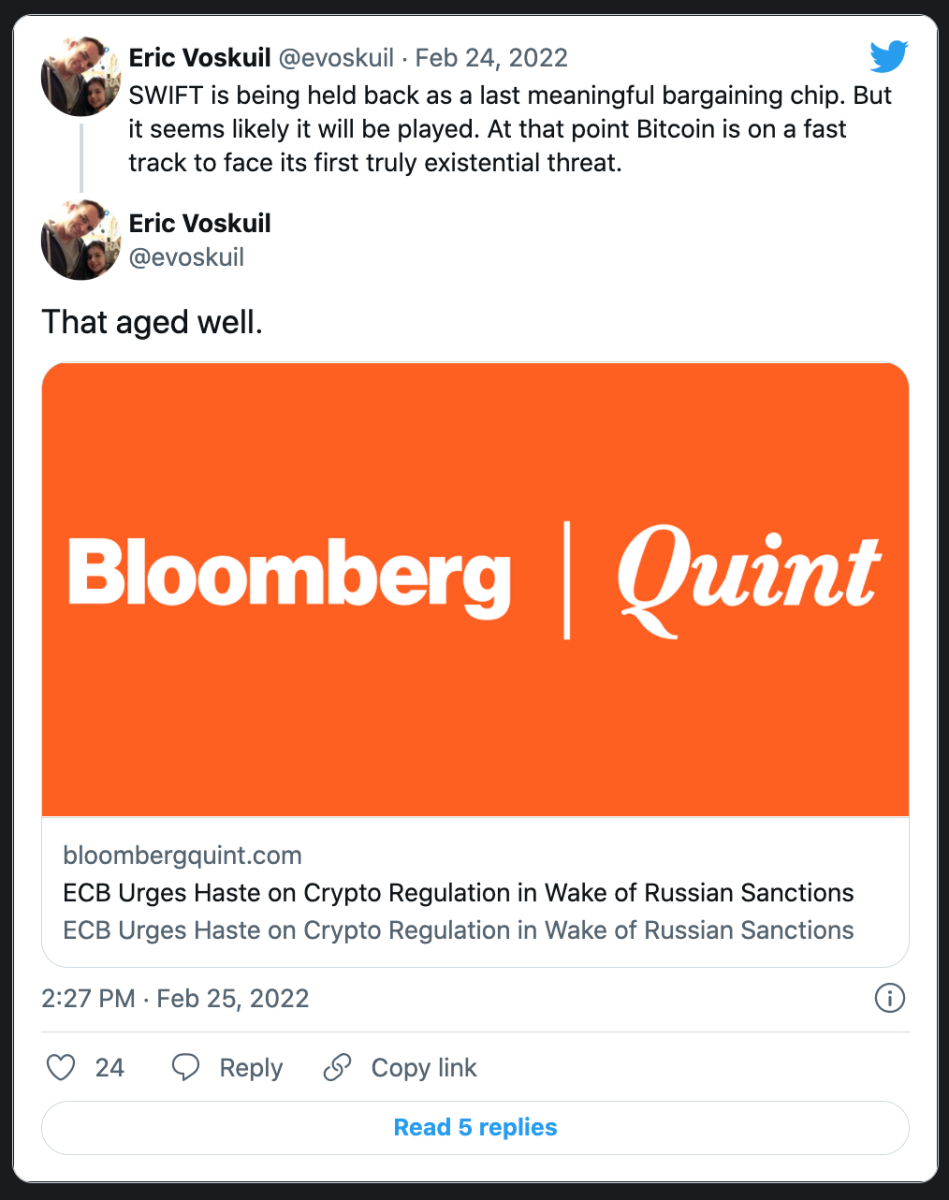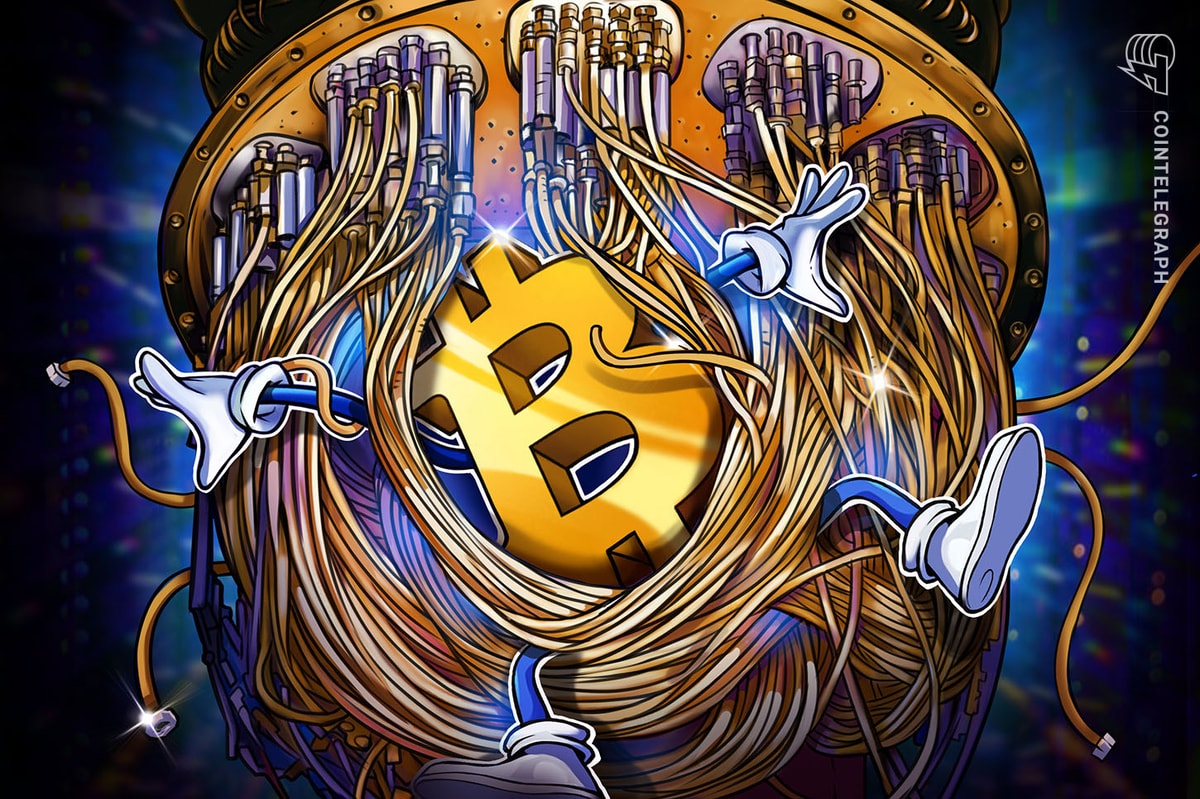The below is a direct excerpt of Marty’s Bent Issue #1170: “This is what a real attack on Bitcoin would look like.”

The game of Risk demonstrates major geopolitical potentialities.

(Source)
Here's something to pay attention to in the coming days, weeks, and months as the Western world reacts to Russia's invasion of Ukraine. Will the Western world cut Russia off from SWIFT, the international messaging network used by banks all over the world to settle transactions between each other? If that happens, where will Russia turn? And if they turn to bitcoin, how does the Western world react from a regulatory perspective?
To be honest, I actually don't think the probability of Russia getting cut off from SWIFT is as high as many are making it out to be. I could be wrong, but I think the level of dependence that many European countries have on the natural gas and other commodities flowing out of Russia will prevent those aligned against Russia to actually cut the SWIFT chord on Putin and crew.
With that being said, let's walk down the path that Eric Voskuil puts forth above. Let's say Russia does get boxed out of the SWIFT network and is forced to seek out alternatives. When it comes to everything but relative liquidity, the burgeoning bitcoin stack is a far superior monetary and payments system. There is a greater than zero chance that Russia turns to bitcoin in this scenario. If they were to adopt bitcoin as an alternative to the USD system and SWIFT the network would draw the ire of every government stacked against Russia and they would likely look to act to prevent bitcoin companies from interacting with Russia on the network. After all, the whole reason they would get kicked off SWIFT is to prevent them from being able to transact alongside the other participants in the network.
If Russians are able to get transactions included in blocks alongside individuals from countries who are still connected to SWIFT, it sort of makes the cord cutting mute. In an attempt to prevent this from happening it is totally possible that the US government and other NATO governments would try to thrust regulations on the mining industry to keep a blacklist of Russian bitcoin addresses at all times and never mine a block with a transaction that is sent from any of those addresses lest they want to be subjected to harsh punishments for violating sanctions. Worse yet, they could even try to force a whitelist of approved addresses tied to the identities of individuals and make it so mining pools are only allowed to interact with those addresses.
In a world filled with weak men driven by profits, it isn't hard to imagine that many corporate miners in the West would bend the knee to try to accommodate this so they can stay in business. As Eric points out, this could be bitcoin's first true existential crisis. It would make the fork wars of 2017 look like a three-year old soccer league. Having nation states put this type of pressure on businesses is a massive test.
Large on-grid operations would be the easiest targets. Off-grid miners would take a bit more effort. And at home miners would be the hardest to control. In this scenario one would hope that hashrate is sufficiently distributed globally with a material percentage being located in regions that don't plan on going along with these attempted regulations. On top of that, one would hope that enough strong men would stand up to defend the network and what they know to be right and just. Bitcoin doesn't actually work if this type of censorship is allowed on the network. Bitcoin is an imperative in the Digital Age if we want to avoid the Chinese Communist Party's social credit system being exported to the rest of the world. The assurances that make it what it is need to be protected at all costs. Even if it means actively disobeying a corrupt and incompetent federal government.
And let me make this clear, this is in no way an endorsement of Putin and what he's doing right now. It is a recognition that bitcoin is so valuable to the world that bending the knee isn't an option. Even if it's to send a message to Russia. Instead of reacting in haste and within the fog of war, western countries should give peace a chance and adopt a Bitcoin Standard, which would level the economic playing field globally and create the conditions for free trade the likes of which humanity has never experienced. When free trade thrives peace tends to thrive as well.
Hoping for this is wishful thinking. If you're in the bitcoin mining industry, it's time to begin taking this potential threat seriously. Start geographically distributing your hashrate as much as you can. If you're a developer, work on making it so it is extremely hard to track transactions on the network so the idea of this type of regulation doesn't even make sense in the first place.
Hold onto your butts, freaks.










